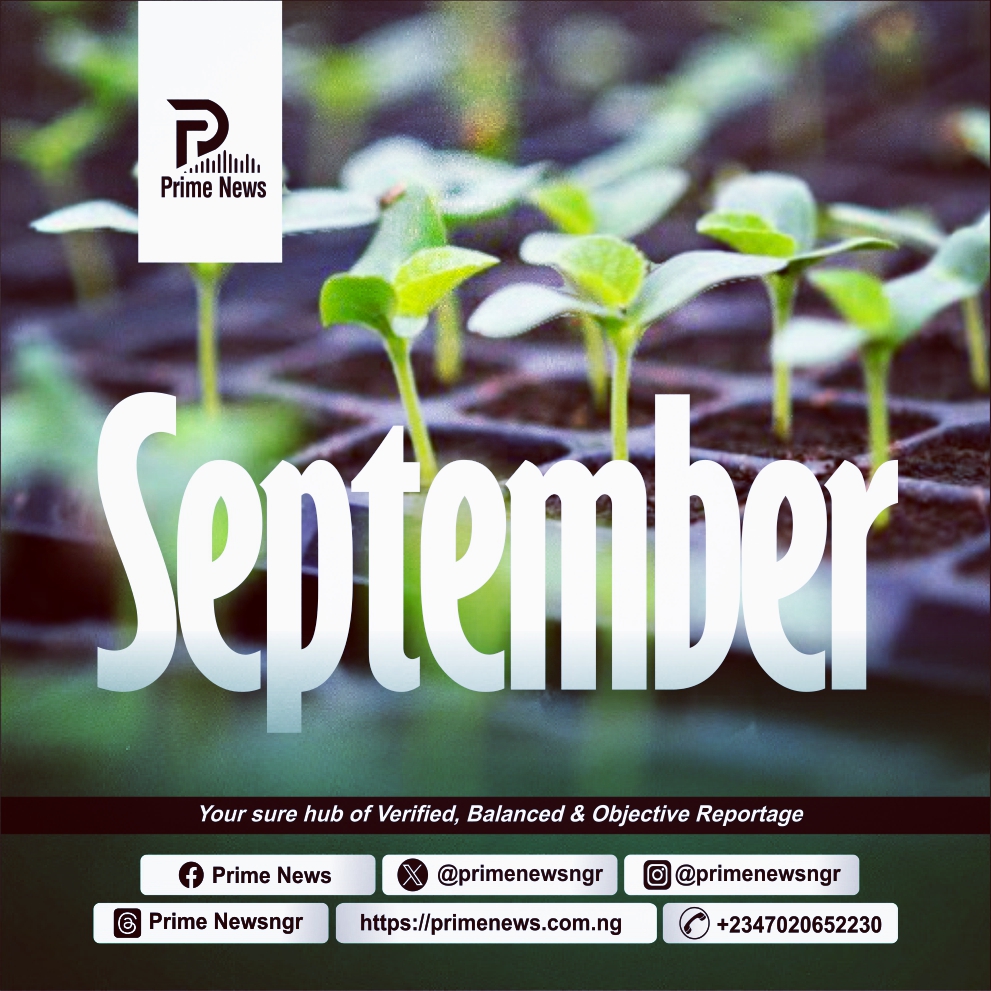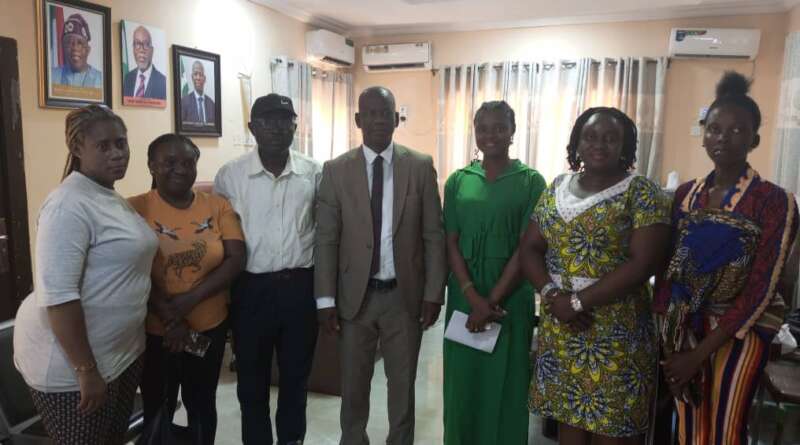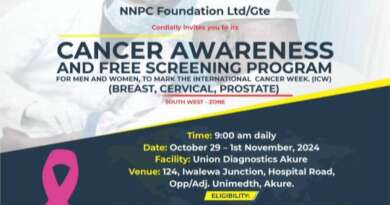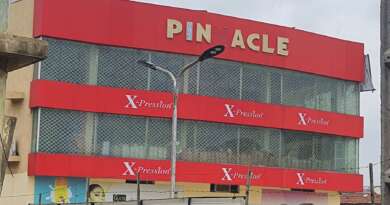Ondo Agency Seeks Collaboration on Provision of Basic Healthcare
 The Permanent Secretary , Ondo State Primary Healthcare Development Agency, Dr Francis Akanbiemu says his agency will continue to work together with people to provide quality basic health care available and accessible to every citizen regardless of socioeconomic challenges facing the country.
The Permanent Secretary , Ondo State Primary Healthcare Development Agency, Dr Francis Akanbiemu says his agency will continue to work together with people to provide quality basic health care available and accessible to every citizen regardless of socioeconomic challenges facing the country.
Dr Akanbiemu stated this when the state advocacy on COVID-19 response mechanism team paid him a courtesy visit in his office in Akure .
Dr Akanbiemu said the priority of the Ondo state governor, Lucky Ayedatiwa was to ensure that every individual in the state live a healthy life and have access to healthcare service delivery.
While appreciating the team for complimenting the efforts of government at ensuring the people most especially at the grassroot benefit from the dividend of democracy and take full responsibility of their healthcare centres.
Earlier, the Ondo State Programme Officer, Global Fund/National Agency for the Control of AIDS/Resilient Sustainable System for Health/COVID-19 Response Mechanism Project,Mrs Jumoke Ogunyemi who spoke on the essence of the project said the agency’s entred on identify the major gaps affecting the quality health services at the local government level.
She added that the Vision of the programme was to make Ondo State a land of healthy people with equitable and affordable access to primary health care through a system that deliver quality, integrated service and advocate for communities to take adequate ownership of all government health centres .
Ogunyemi said, the projects which is being implemented across the 36 states in Nigeria is centred on strengthening the infrastructure and also the facilities based organizations in the state as well as provide solutions to identified gaps in the state’s primary healthcare facilities.
Mrs Ogunyemi explained that five local governments to Include Owo, Akure South, Akure North, Ilaje and Ondo West had benefited from the projects with the engagement of 15 Community based organizations, working to ensure that there is a success in the state with the representatives of these three networks, People living with HIV AIDS, Tuberculosis Network and Malaria consistency (ATM)
The state advocacy team however believed that government cannot do it alone hence the need for communities to take full ownership and the responsibility to address certain issues that emanated from the facilities where they were given health services in the state.




